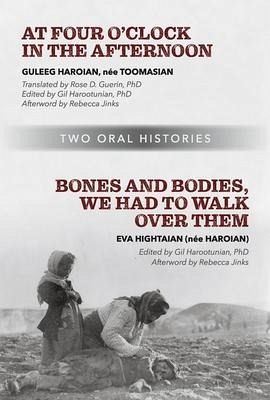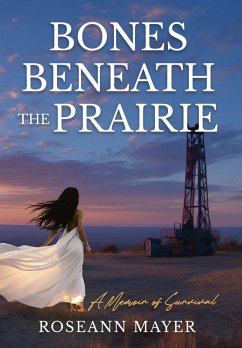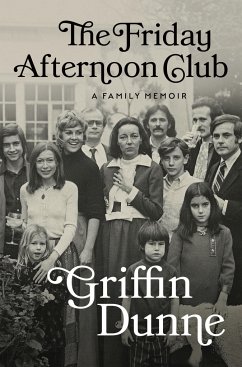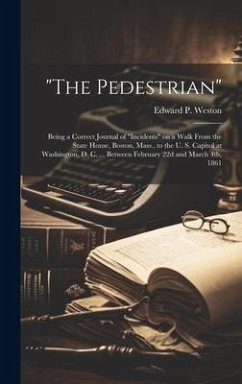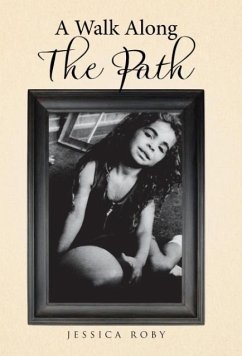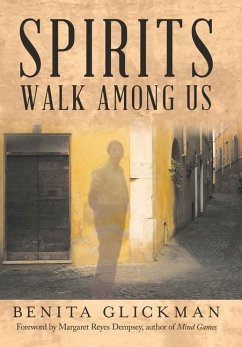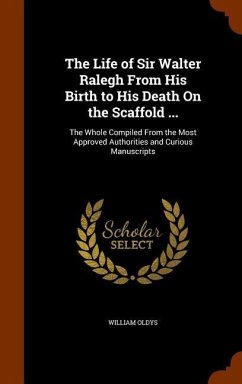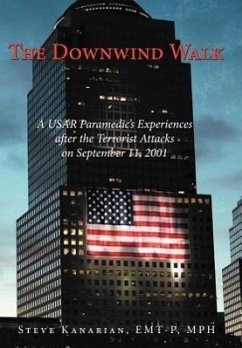Guleeg Haroian was born in an Armenian village in the Ottoman Empire in 1885, a time when the revolutions and modern calls for human rights gained strength only to meet the fury of World War I. Haroian's At Four O'Clock in the Afternoon is the only first-hand account in existence of an adult female who survived both the 1895 Massacres of Armenians by Sultan Abdul Hamid and the 1915 Armenian Genocide. Guleeg Haroian survived the 1915 Genocide through forced marriage to a Muslim. Bones and Bodies, We Had To Walk Over Them is the first-hand account of her daughter, Eva, who was deported in 1915 and survived the Death March through forced transfer as an orphan into a Muslim home. After W.W. I ended, mother and daughter were reunited, and Guleeg Haroian began the hard work of reclaiming orphans and young brides who had undergone forced transfer into Muslim homes. Eva Hightaian (nee Haroian) was born in an Armenian village in the Ottoman Empire in 1906, amid the torrents of political clashes that erupted in World War I. Bones and Bodies, We Had To Walk Over Them is Eva's first-hand account of being deported in 1915, of the tragic deaths of her two sisters and her grandmother, and of her surviving the Death March through forced transfer as an orphan into a Muslim home. After W.W. I ended, Eva was reunited with her mother, and the two set out for America and freedom. Gillisann Harootunian, PhD, is the Executive Director of University Initiatives at California State University, Fresno. She founded Tadem Press to publish primary sources on the Armenian Genocide. She edited the inaugural publication: Bedros Haroian's Memoirs of a Soldier about the Days of Tragedy (2021). She was a Fulbright Senior Lecturer and Researcher to Yerevan State Linguistic University in Armenian and the U.S. Project Director of a Bureau of Educational and Cultural Affairs exchange grant between Syracuse University and Yerevan State Linguistic University. She has authored or edited multiple books, articles, and technical manuscripts. Rebecca Jinks, PhD, is a historian of comparative genocide and humanitarianism at Royal Holloway, University of London. She is the author of Representing Genocide: The Holocaust as Paradigm? (2016). Rebecca currently holds an AHRC Research, Development and Engagement Fellow (2022-2024) to extend this initial research into a broader and comparative project, 'Genocidal Captivity: (Re)Telling the Stories of Armenian and Yezidi Women Survivors'. The first article arising from the project, '"Marks Hard to Erase" The Troubled Reclamation of "Absorbed" Armenian Women, 1919-1927' was published in 2018 in The American Historical Review. After the armistice in 1918, an international relief effort (including the charity Near East Relief and the League of Nations) sought to 'rescue' and 'repatriate' the thousands of Armenian women and children who had been 'absorbed' into Turkish, Kurdish, or Bedouin households. Some of these women had been tattooed on their faces and hands, according to Bedouin custom; the article explores how their marks, which signified their histories of sexual violence, raised questions for some relief workers as to whether they were 'fit' to be part of the regeneration of the Armenian nation.
